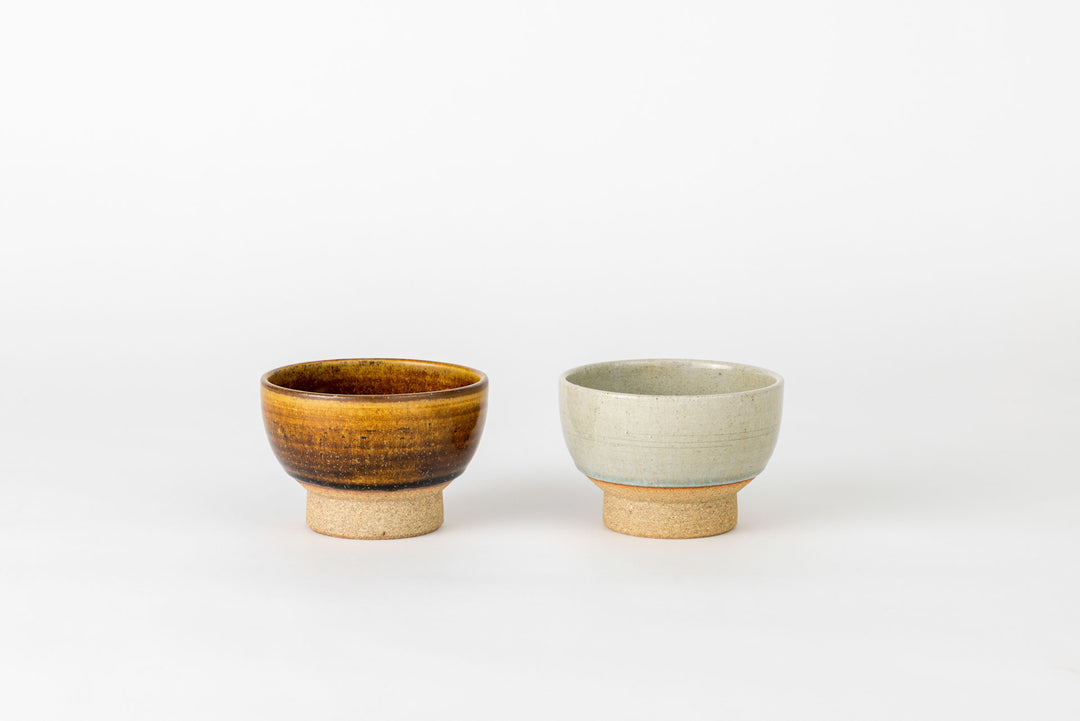
With 400 years of history, Aizu Hongoyaki is considered the oldest pottery tradition in the Tohoku region. Potter Daiju Sato takes great care to honor the traditions of this craft, while adding in his own pesonal touch.
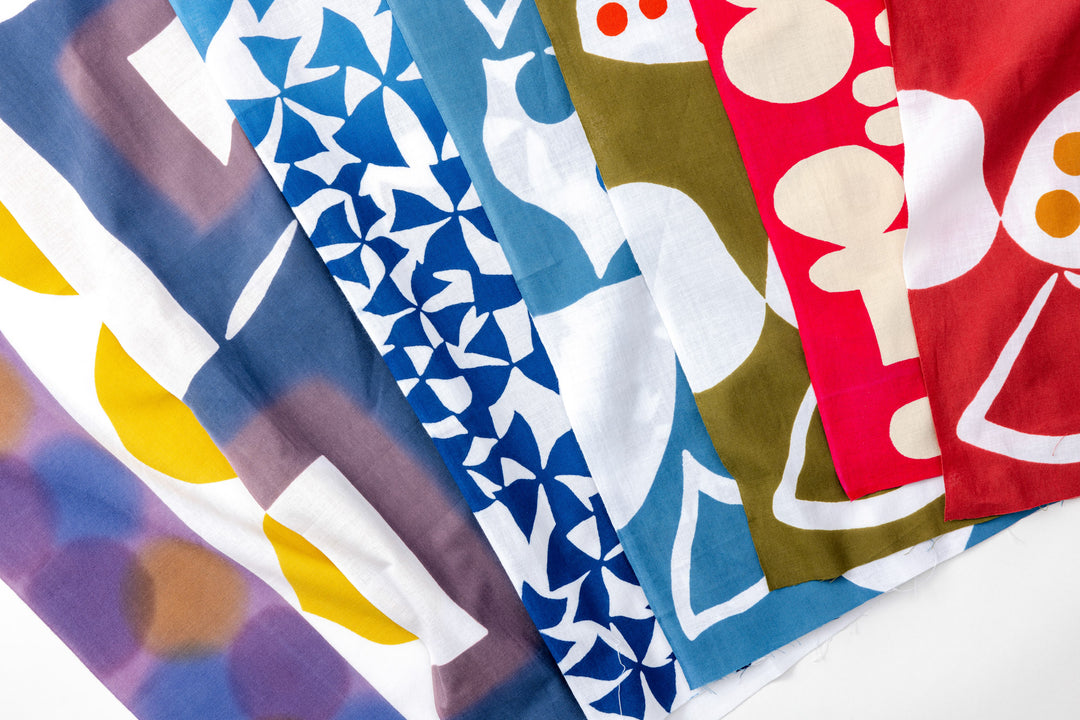
Tenugui, multi-purpose Japanese cloths, hand-dyed with traditional chusen technique in colorful, abstract patterns, can be used in the home for decor, as fashion accessories, and for more utilitarian uses.
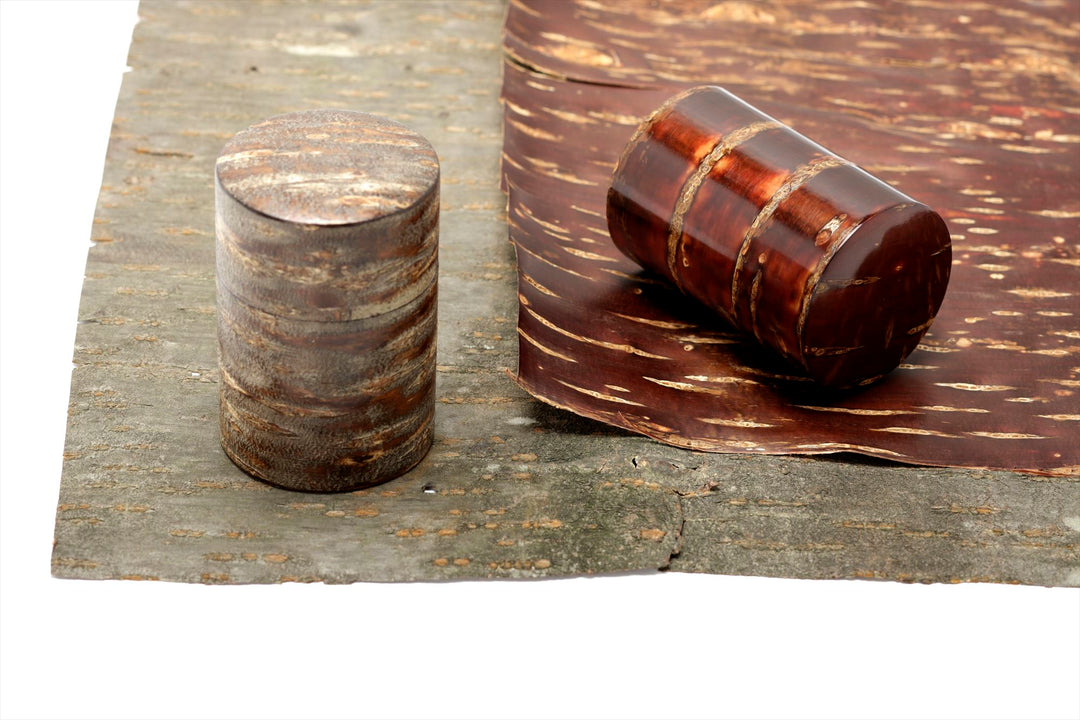
Specializing in tea caddies, containers, and other crafts made from natural cherry bark, a technique originally developed by samurai.
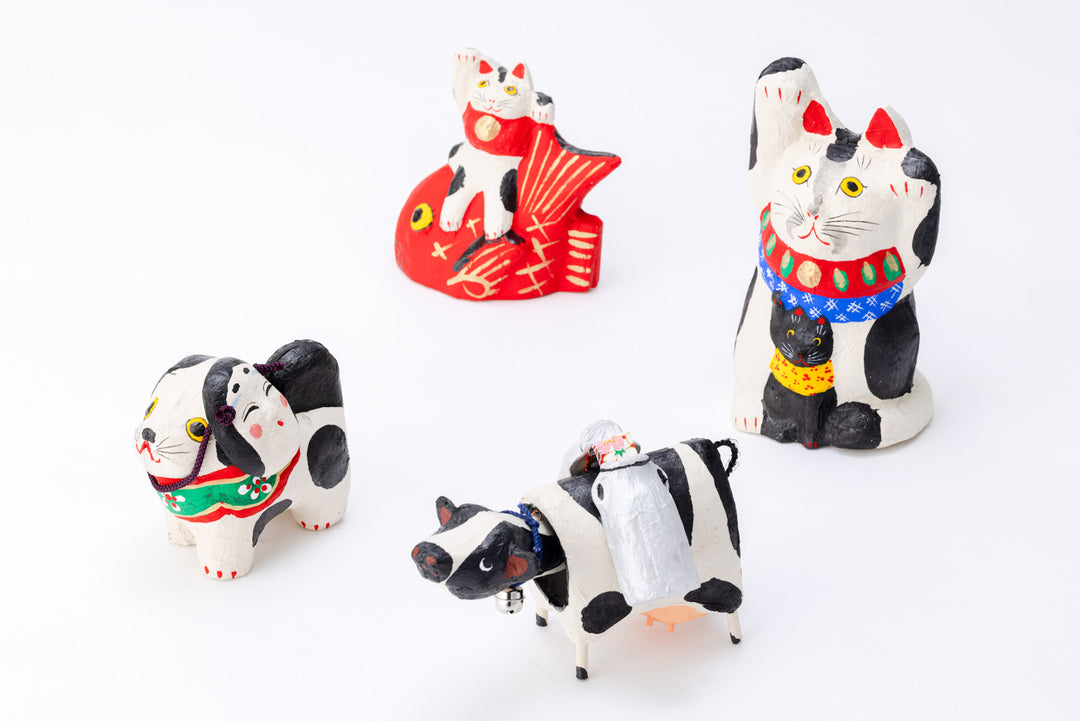
Delightful Rokuhara Hariko from Iwate Prefecture by craftsman Hanjiro Sawafuji are playful and free, yet at the same rooted in tradition and technical mastery. Each hariko is completely handmade and has its own meaning and backstory.
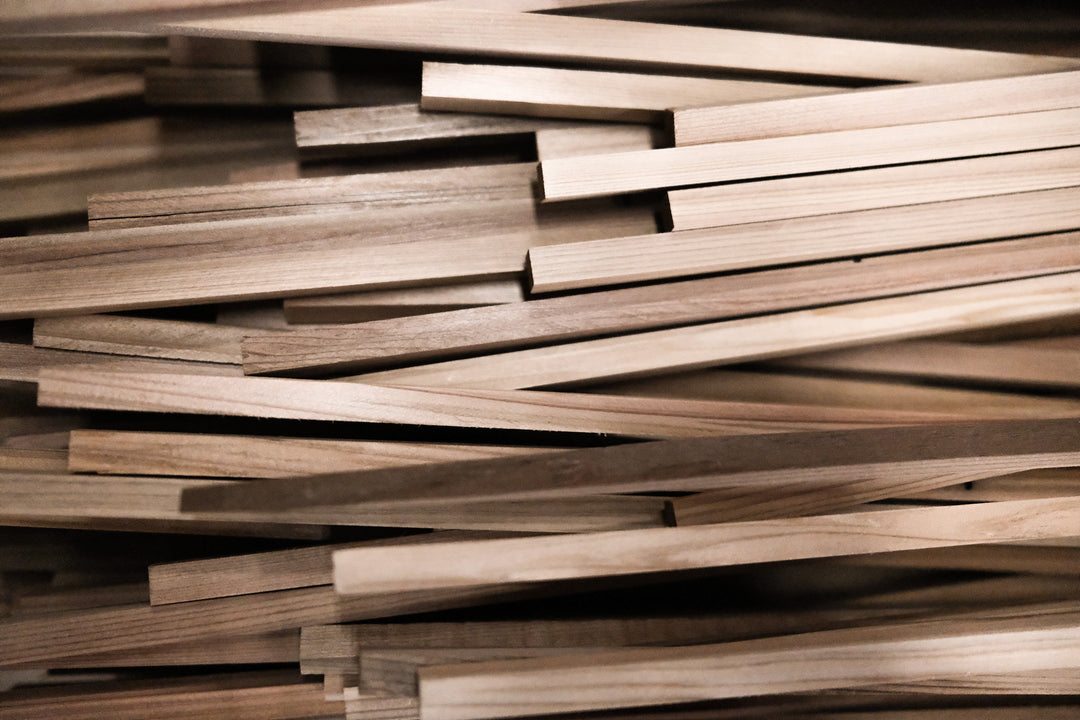
This studio, founded by a temple carpenter, makes high-end wooden chopsticks from trimmings of premium Yoshino lumber in an area with historical sustainable forestry practices.
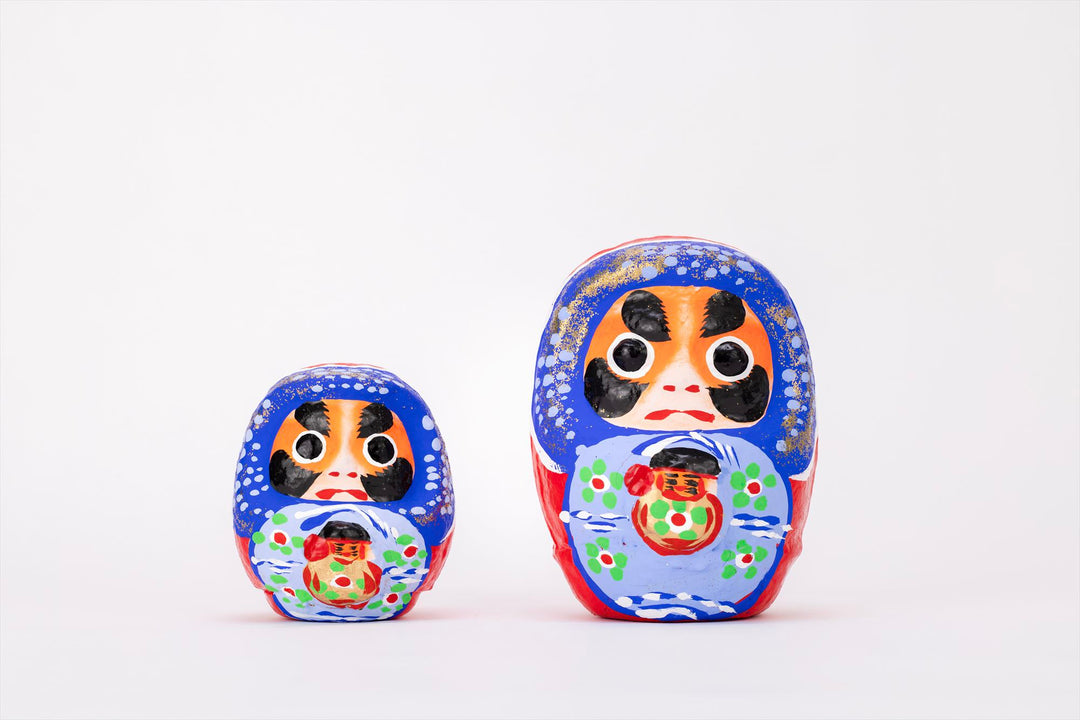
Matsukawa Daruma, a type of local daruma unique to Sendai with a samurai history, crafted strictly according to tradition.
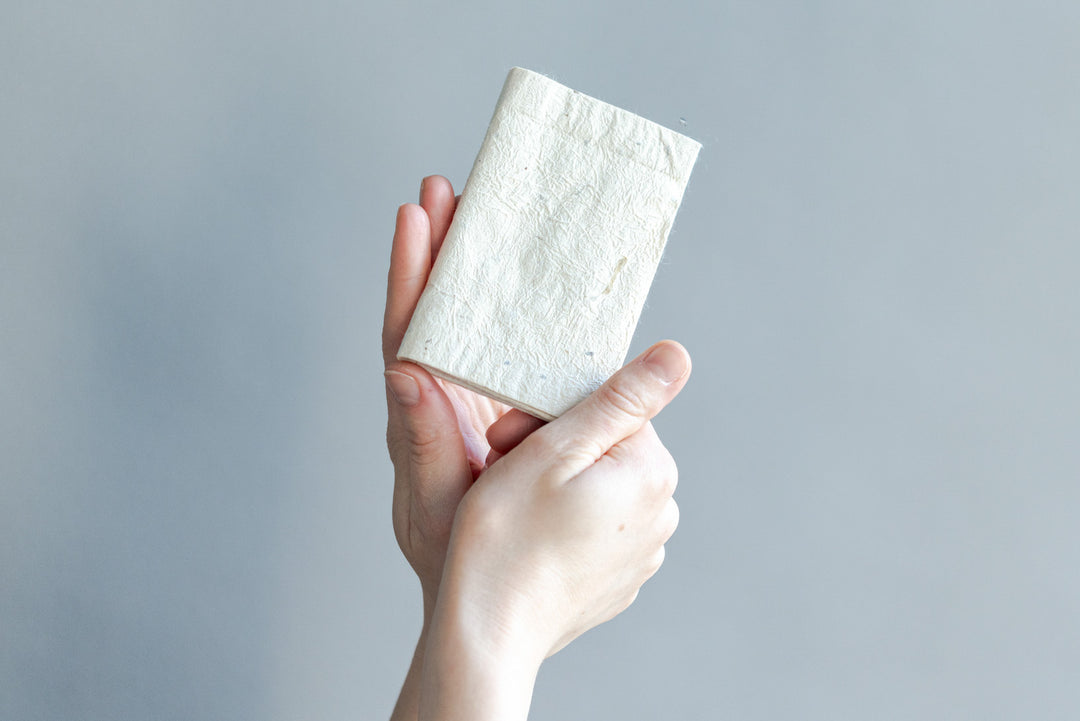
The Matsuhisa family has been working with washi artisans since 1876 and has a significant impact on the development of Mino, Gifu, a city with a rich washi crafting history.
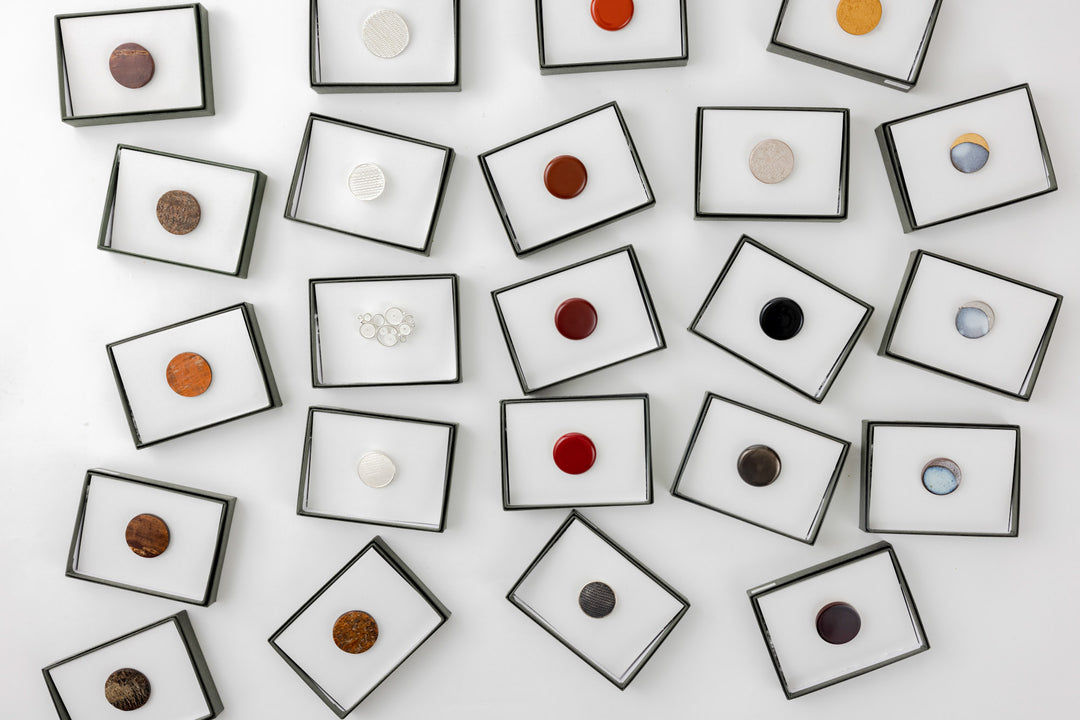
Brooches handmade with the materials of the traditional crafts of Akita Prefecture.
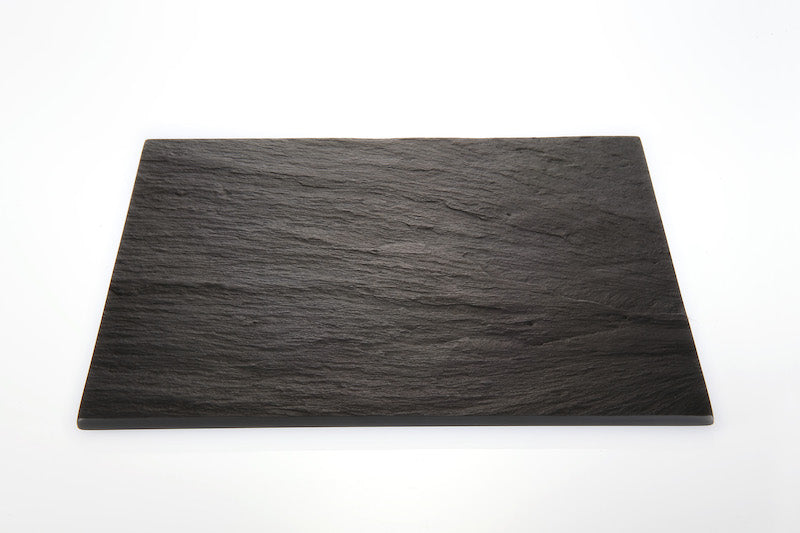
Ogatsu Suzuri Association is crafting slate tableware from the high-quality Ogastu slate traditionally used for calligraphy inkstones.
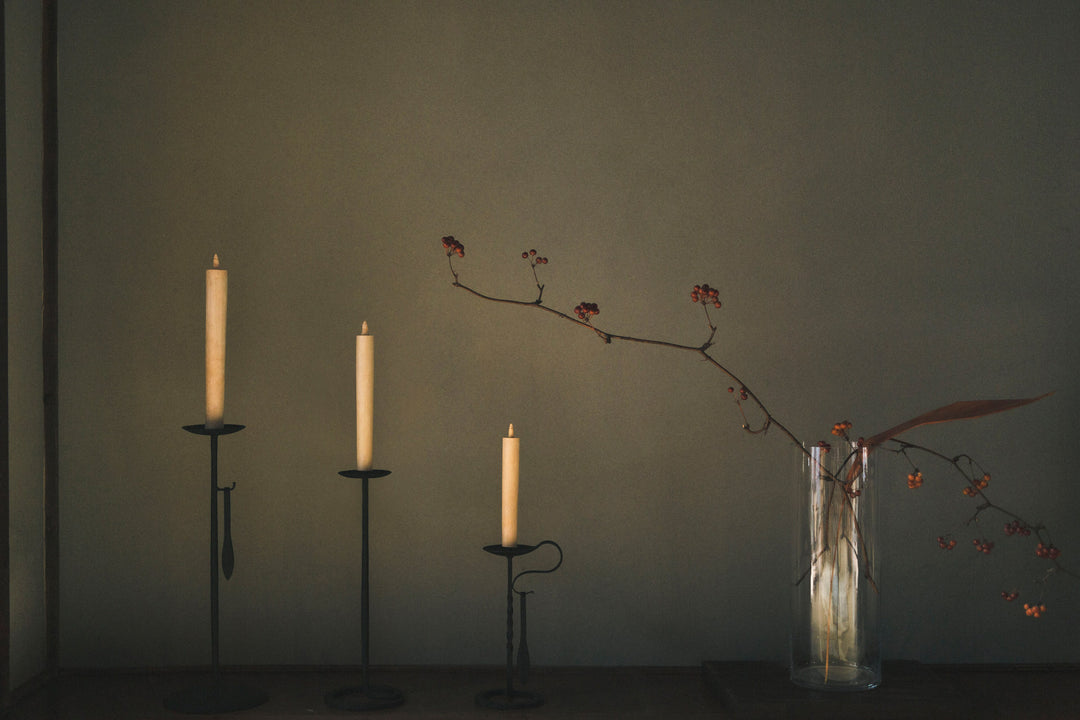
Handcrafted, plant-based traditional Japanese candles, or warosoku in Japanese, have a tall, soft flame and make less smoke than common candles. Made Ehime Prefecture's last remaining warosoku shop.
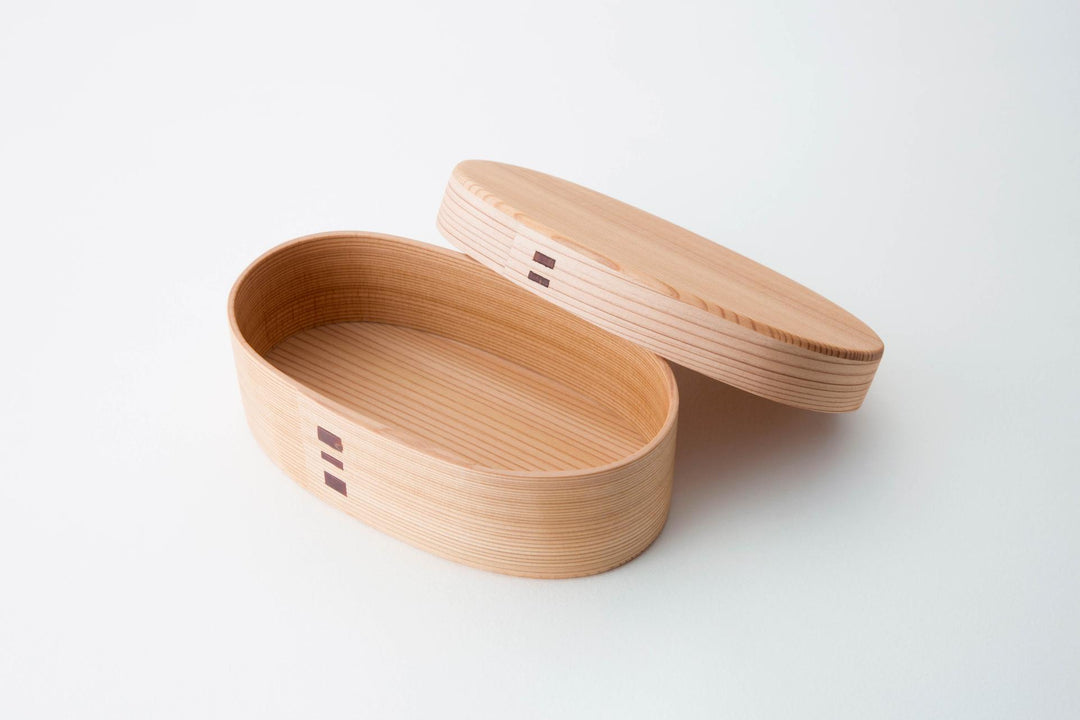
The expert craftspeople at Ryobi-an are reinventing the traditonal craft of Akita cedar bento boxeswhile preserving traditional methods.
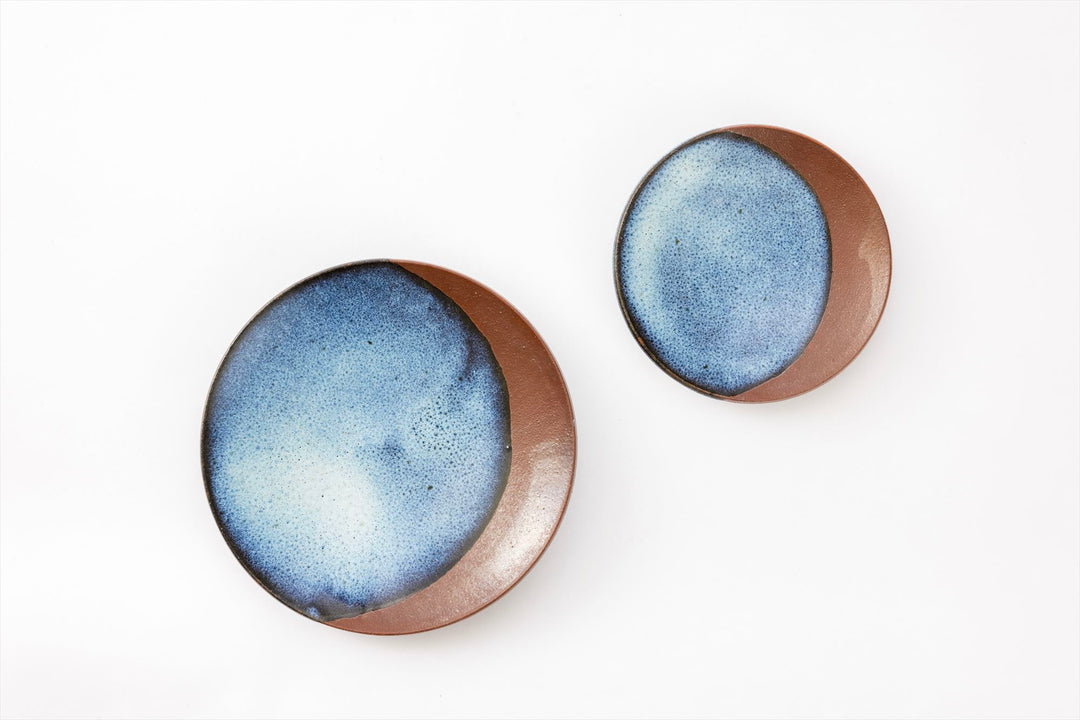
A historic, traditional pottery revived thanks to the hard work of the Watanabe family, and their contemporary touch.
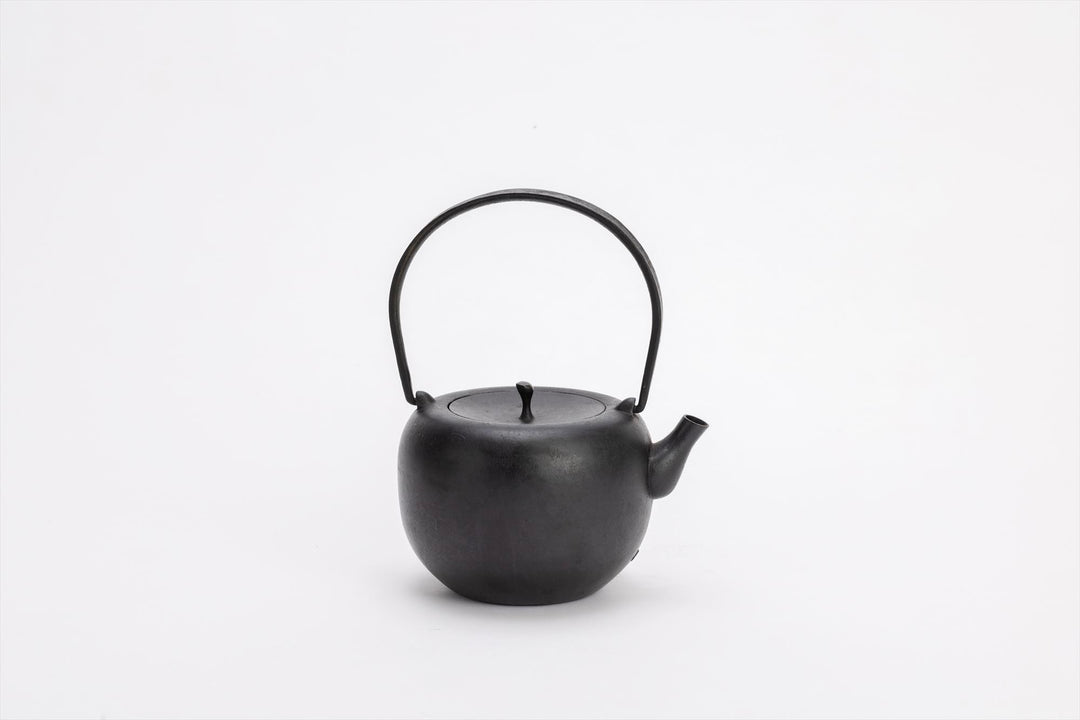
Crafting world class, authentic Nambu Ironware and reinvigorating this 400-year-old tradition through various initiatives to attract more young people to the craft.
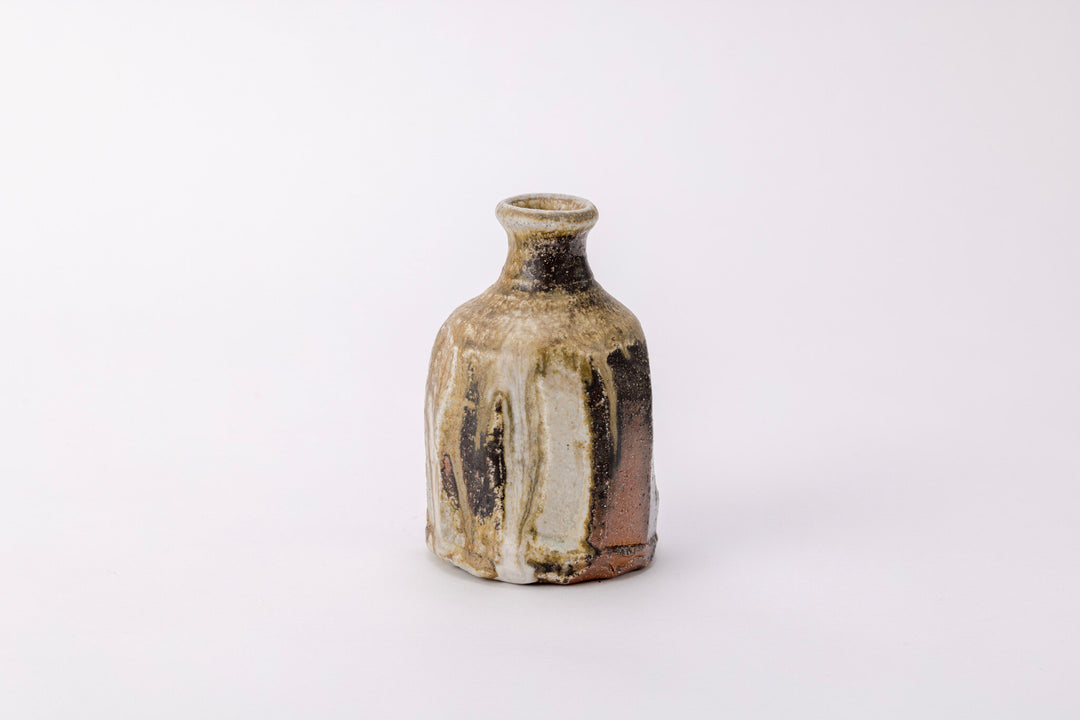
Keeping ancient pottery craftsmanship techniques alive through an incredible wood firing process in the world's longest climbing kiln.
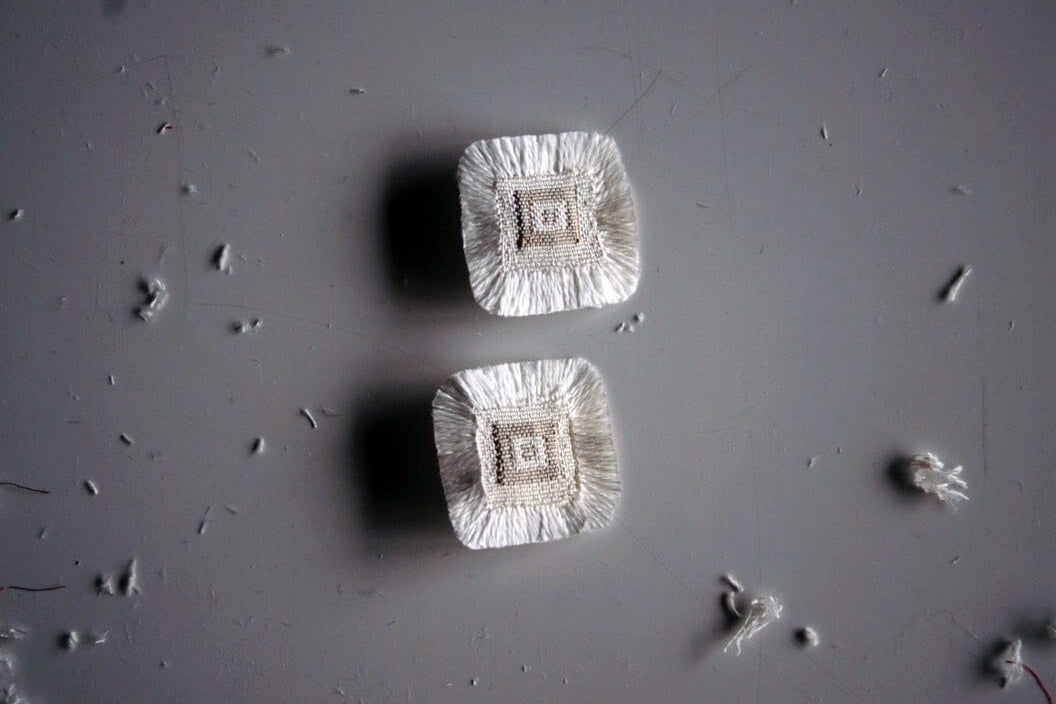
Accessories made with the wisdom of traditional textile techniques that have been handed down locally from generation to generation. Fitted with ceramic hardware for sensitive skin.
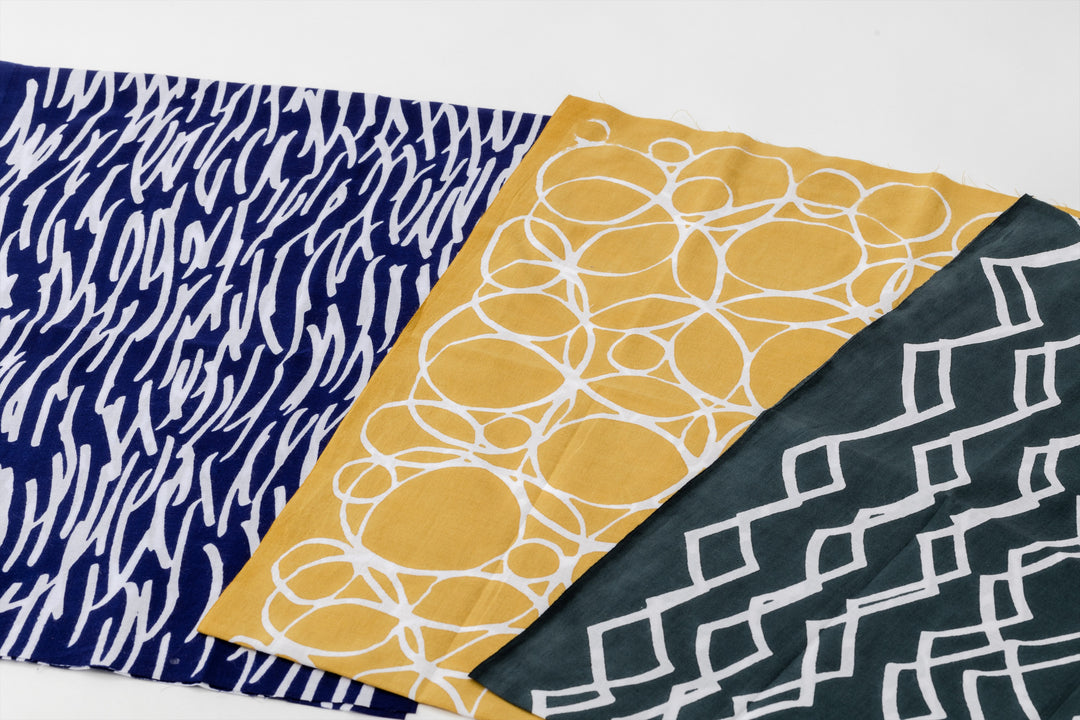
Established in 1887 by the skilled dye artisan Kanbei Nagano in Moto-Aramachi, the Nagakan Dyeing Factory boasts a rich history of crafting happi coats and aprons for the city's merchants, craftsmen, and residents in the past.
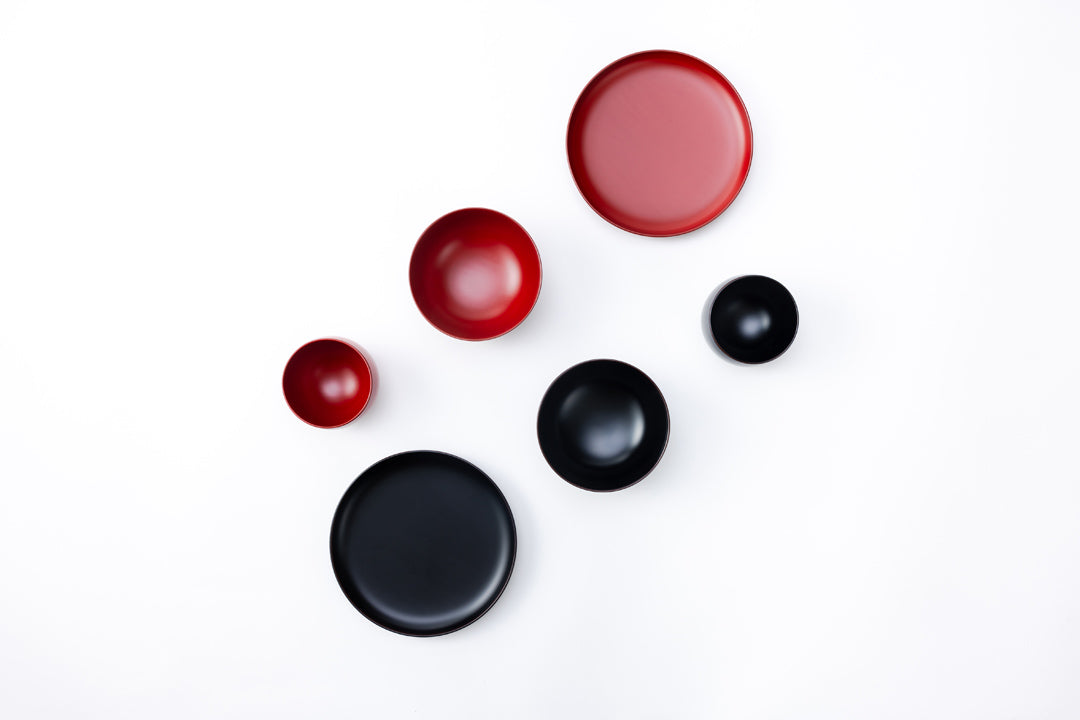
Serving as a hub for activities, production, and sales of Appi Urushi, the studio continues to create lacquerware that integrates seamlessly into local and everyday life.

Established as the creative heart of "The City of Glass," this studio bridges Toyama’s industrial heritage of medicine bottle production with contemporary glass art. It serves as a vibrant hub where local artisans craft hand-blown works using original "Toyama Mandala" colors, inspired by the region's natural landscape and traditional Japanese aesthetics.



